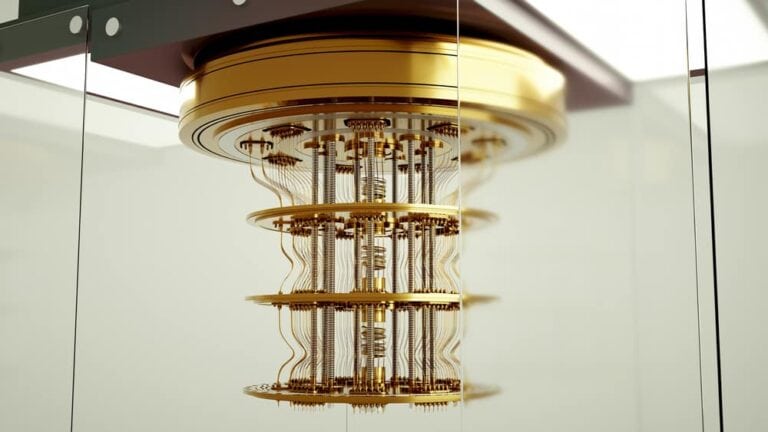Eindhoven University of Technology has taken an important step toward making quantum technology accessible.
Researchers from the Faculty of Applied Physics and Science Education presented the Rydberg Simulation Platform (RySP). This is an online environment in which users can experiment with a simulated quantum computer.
This was reported by De Ingenieur. The platform is designed for scientists, students, and tech professionals with a basic understanding of quantum computers. They can upload their algorithms in the form of computer code. A powerful supercomputer at the High Tech Campus in Eindhoven then performs the calculations. This ‘digital twin’ of a real quantum computer offers users an accessible way to explore the possibilities of quantum computing. Calculations may take up to half an hour and are processed on a first-come, first-served basis.
User feedback essential
According to Servaas Kokkelmans, professor and leader of the Coherence and Quantum Technology research group, the platform helps users become familiar with a new type of quantum processor that works with individual atoms. He emphasizes that user feedback is crucial for further improving the system and gaining valuable insights.
The simulation environment is set up as a practice area for writing quantum code, similar to how pilots learn to fly using a simulator. The research group also actively uses the platform to develop its functionality further. An example of the code used can be found via Quantum Inspire.
Quantum computers are distinguished by their ability to solve complex optimization problems, such as the strategic placement of distribution centers in a logistics network. Whereas conventional computers require a lot of time and energy to calculate such problems, quantum algorithms can arrive at efficient solutions more quickly thanks to superposition.
Quantum computer suitable for quantum chemistry
The research team is also focusing on applications in quantum chemistry, where material properties are calculated at the atomic level. Kokkelmans notes that these types of calculations are often too complex for classical computers, whereas a quantum computer can handle much more with a small expansion.
In the lab, the group is also developing real quantum hardware, such as the ‘Ruby’ setup, which uses rubidium atoms as qubits. These are cooled to extremely low temperatures and manipulated with laser light to perform calculations. Researcher Rianne Lous expects that in the future, classical and quantum computers will work together in hybrid systems, with each type of computing power being used at the right moment.
